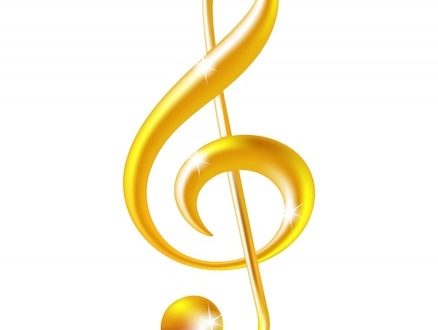
Neo-romanticism |
нем. Neoromantik, аngл. neoromanticism
A term that usually refers to the late period of the development of the muses. romanticism. The work of F. Liszt and R. Wagner is most often attributed to N., in some cases, G. Berlioz is also considered neo-romantic. Sometimes I. Brahms is also referred to as neo-romantics, which seems less justified, since the romantic. tendencies in many of his writings are not dominant. The area of N. often includes those composers of the con. 19th century, in the work of which they found a continuation of the romantic. tendencies, i.e., first of all, A. Bruckner, X. Wolf, G. Mahler, R. Strauss. Less commonly, the term “N.” apply to some eye grown on the basis of the traditions of the muses. creative romanticism. phenomena of the 1st decades of the 20th century. (not only in German and Austrian music, but also in the music of other countries) – to the work of such composers as M. Reger in Germany, J. Marx in Austria, L. Janacek in the Czech Republic, R. Vaughan Williams in Great Britain, etc. Such a classification is conditional, since the romantic. the features of the above-named composers are combined with many others. other features. Even when applied to the work of the late romantics and the closest followers of their traditions, the term “N.” did not receive universal recognition.



